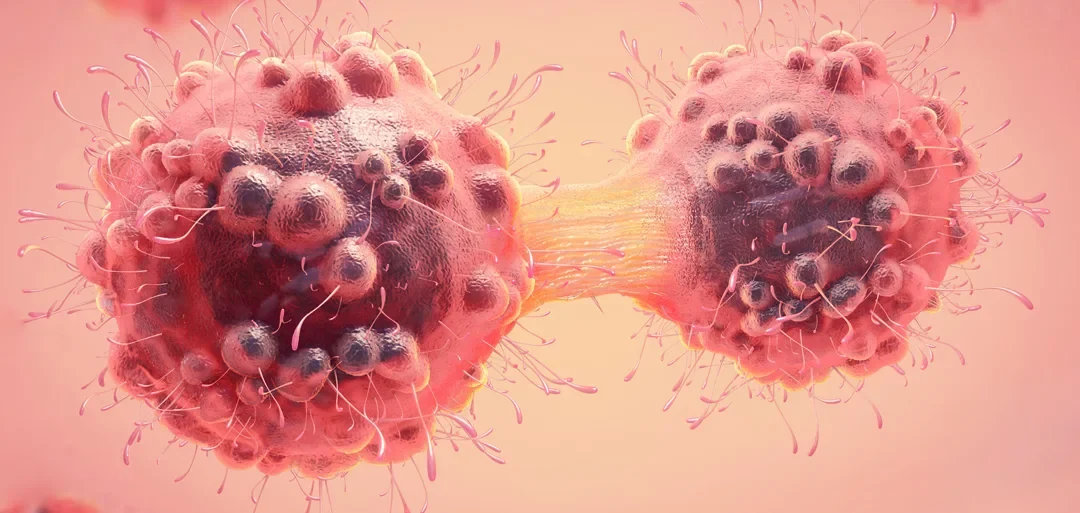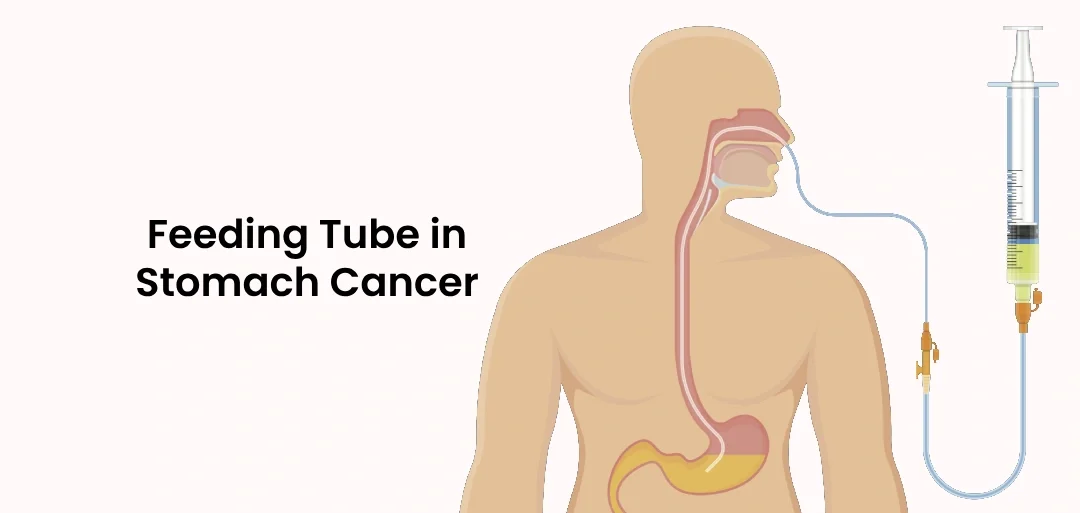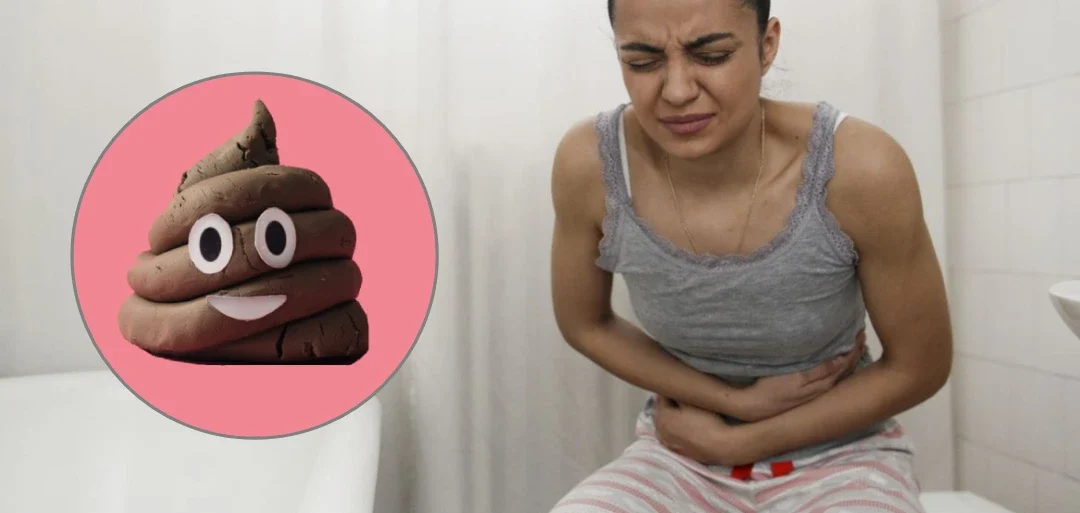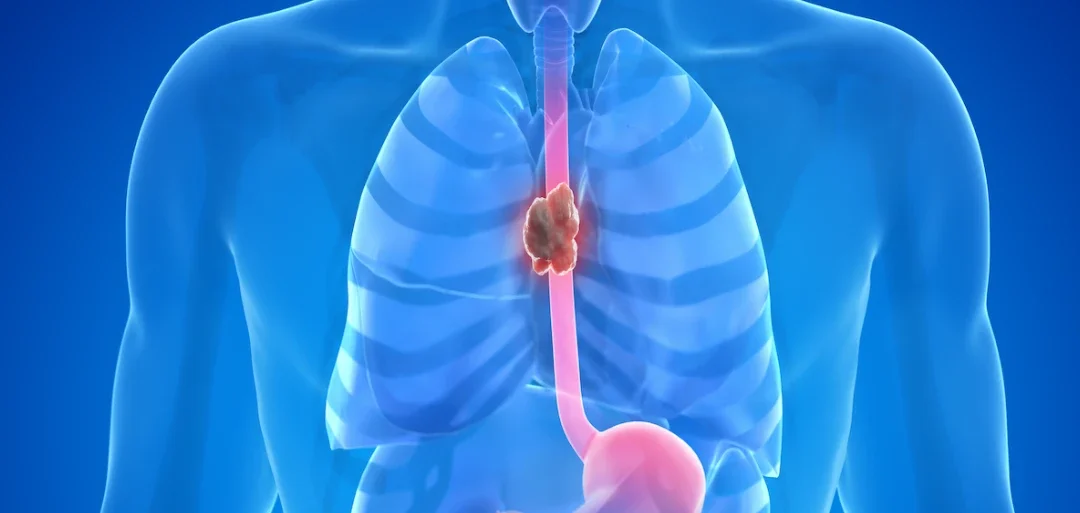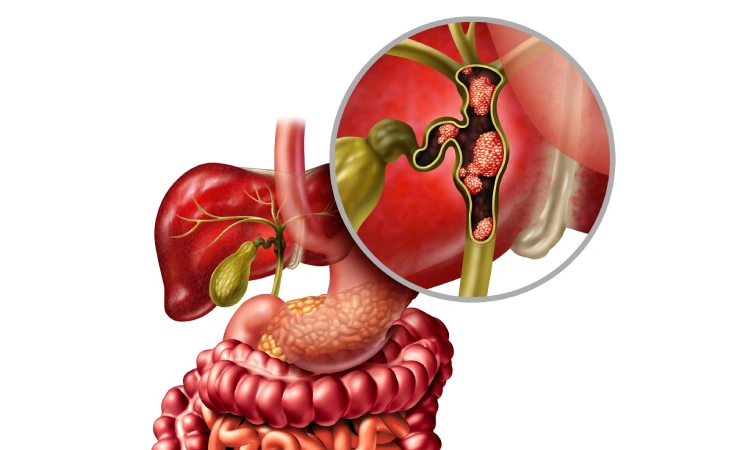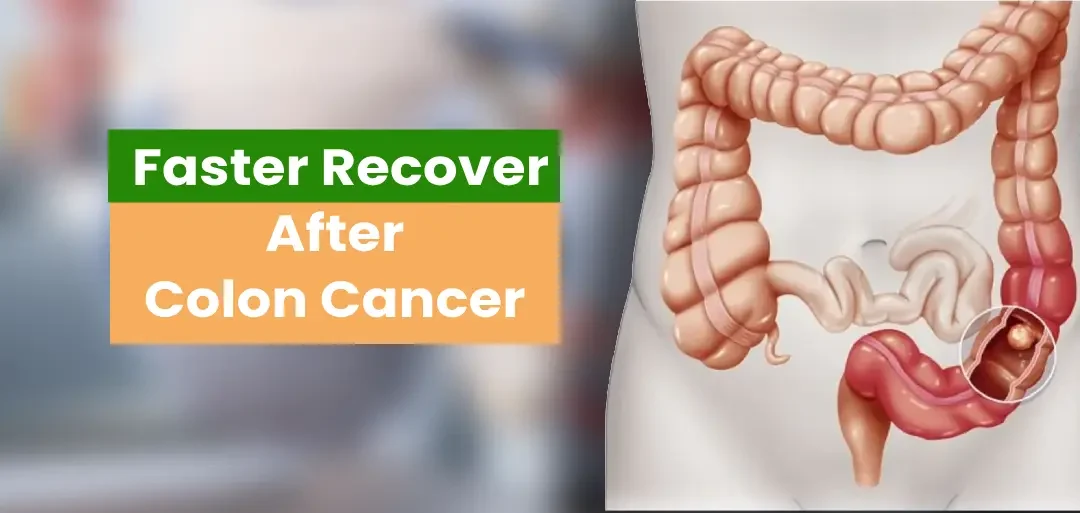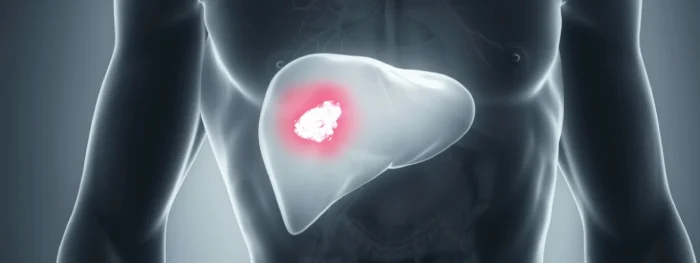Positron Emission Tomography (PET) Test – What It Is and What It Is Used For
When someone hears the word cancer, one of the first investigations they are often advised is a positron emission tomography test. Patients and families frequently ask—does every cancer require a PET scan, pet scan for what purpose, and pet scan what is it used for. The truth is, while PET imaging is a powerful diagnostic tool, it is not required in every cancer case. Understanding pet imaging uses, its limitations, and when it truly adds value helps patients make informed decisions alongside their doctor.
What Is a Positron Emission Tomography (PET) Test?
A positron emission tomography test is an advanced imaging technique that evaluates metabolic activity inside the body, rather than just anatomy. Unlike routine scans that show the size or shape of organs, PET scans show how tissues are functioning at the cellular level.
Meaning of PET
PET stands for Positron Emission Tomography. It is a nuclear medicine scan that uses a small amount of radioactive substance called a tracer to identify abnormal metabolic activity.
How the Radioactive Tracer Works
The most commonly used tracer is a glucose-based compound. Cancer cells, due to their rapid growth, consume more glucose than normal cells. When the tracer is injected, areas with increased uptake light up on the scan.
How PET Differs from Regular Scans
CT and MRI show structural changes, whereas PET reveals biological behavior. This difference explains why the PET scan, which is used for, is often related to detecting disease activity rather than just size.
How a PET Scan Works Inside the Body
Metabolic Activity
PET scans identify areas where cells are unusually active. Increased metabolism often indicates disease processes like cancer or inflammation.
Glucose Uptake
Because abnormal cells absorb more glucose, they appear brighter on PET images, allowing doctors to identify suspicious areas early.
Why Abnormal Cells Show Up Clearly
This metabolic contrast is what makes pet imaging uses so valuable in cancer diagnosis and monitoring.
PET Scan – What Is It Used For?
This is the most direct and important question patients ask: pet scan what is it used for and pet scan for what medical purpose?
A PET scan is primarily used to:
- Detect active disease
- Assess the extent of cancer
- Monitor treatment response
- Identify recurrence
It is not a screening test for everyone, but a targeted investigation used when clinical benefit is expected.
PET Imaging Uses in Medical Diagnosis
- Cancer detection and accurate staging
- Monitoring response to chemotherapy or radiation
- Detecting cancer recurrence after treatment
- Evaluating unexplained weight loss, fever, or symptoms
These pet imaging uses make PET an essential tool when standard imaging does not provide clear answers.
PET Imaging Uses Across Different Medical Conditions
Although widely known for cancer, PET imaging is also useful in other medical specialties.
PET Scan Uses in Cancer
- Detecting primary tumors
- Identifying lymph node involvement
- Detecting distant spread (metastasis)
- Planning surgery, chemotherapy, or radiation
PET Scan Uses in Heart Diseases
- Assessing blood flow to the heart muscle
- Determining whether damaged heart tissue is still viable
PET Scan Uses in Brain and Neurological Disorders
- Evaluation of epilepsy
- Diagnosis of dementia and Alzheimer’s disease
- Assessment of brain tumors
Types of PET Scans Used in Medical Practice
Understanding the types of PET scans helps patients know why different scans may be recommended.
Common Types of PET Scans
- FDG PET scan – the most widely used
- PET-CT scan – combines metabolic and anatomical imaging
- PET-MRI scan – detailed soft-tissue imaging with lower radiation
PET-CT is currently the most commonly performed due to its accuracy and availability.
Types of Positron Emission Tomography Based on Tracers
This distinction is crucial for accuracy and modern cancer care.
FDG Positron Emission Tomography
- Most commonly used tracer
- Ideal for many cancers and infections
- Detects areas of high glucose metabolism
Specialized Types of Positron Emission Tomography
- PSMA PET – Prostate Cancer
- DOTATATE PET – Neuroendocrine Tumors
- Amyloid PET – Alzheimer’s disease
These types of positron emission tomography ensure precise diagnosis tailored to specific diseases.
When Is a PET Scan Recommended and When Is It Not Needed?
Situations Where Doctors Recommend a PET Scan
- Unclear diagnosis after CT or MRI
- Suspected cancer spread
- Monitoring treatment effectiveness
Situations Where PET Scan May Not Be Required
- Very early-stage disease
- Low-grade or slow-growing tumors
- Conditions better evaluated with CT or MRI
This is why does every cancer require a PET scan has a clear answer: No, it depends on the clinical context.
PET Scan vs Other Imaging Tests
PET Scan vs CT Scan
CT shows structure; PET shows activity. Together, they provide complementary information.
PET Scan vs MRI
MRI is superior for soft tissues, brain, and spinal cord, while PET assesses metabolic behavior.
Why PET-CT Is Commonly Used
Combining functional and anatomical imaging improves diagnostic accuracy and treatment planning.
Limitations and Risks of a Positron Emission Tomography Test
Limitations of PET Imaging
- False positives due to infection or inflammation
- Not all cancers are PET-avid
Risks and Safety Considerations
- Low-level radiation exposure
- Higher cost compared to routine scans
- Special precautions in pregnancy
Despite these factors, the positron emission tomography test is considered safe when used appropriately.
Trust Your Doctor’s Judgment
Here’s the bottom line: the decision to use a PET scan isn’t a one-size-fits-all kind of thing. The best way to know if you need one is to rely on the expertise of your cancer care team. As Dr. Nagarajan says, “It is important to meet the doctor first and understand what test is required.”
Your doctor has a deep understanding of your specific type of cancer, its stage, and the best diagnostic tools available. They’ll weigh the benefits of a PET scan against other options to make sure they’re choosing the right path for you. Sometimes, simpler radiological investigations are enough, and sometimes a PET scan is necessary. There’s no hard and fast rule—your treatment is as unique as you are.
Why Choose Dr. Ganesh Nagarajan for PET Scan Guidance?
When you’re dealing with cancer, making decisions about tests like PET scans can feel overwhelming. That’s where Dr. Ganesh Nagarajan comes in. With over 18 years of hands-on experience in cancer care, he’s not just an expert in surgeries for complex cancers like those of the liver, pancreas, and gastrointestinal tract—he’s also someone who understands the importance of using the right diagnostic tools at the right time.
Dr. Nagarajan takes a personalized approach with each patient. He knows that every cancer case is unique, and sometimes a PET scan is the best option, while in other cases, something like a CT scan or MRI may be just as effective. His deep knowledge and experience in both traditional and robotic surgeries ensure that you’re not only getting the most advanced care but also making smart, informed decisions about which tests are truly necessary.
Above all, Dr. Nagarajan is known for his compassionate and approachable nature. Whether you’re from Mumbai or traveling from overseas, he makes sure you feel confident and informed throughout your treatment journey, especially when it comes to something as critical as deciding whether a PET scan is right for you. With him, you’re in trusted, expert hands.
Common Questions About PET Scans
Is a PET Scan Painful?
No, a PET scan is not painful. Apart from a small needle prick while injecting the radioactive tracer, there is no discomfort. You simply lie still on the scanning table while images are taken.
How Long Does a PET Scan Take?
A PET scan usually takes about 2–3 hours in total. Most of this time is spent waiting for the tracer to circulate in your body. The actual scanning process typically lasts 30–45 minutes.
Does a PET Scan Always Detect Cancer?
No, a PET scan does not detect all cancers. Some slow-growing or very small tumors may not absorb enough tracer to be visible. PET scans are best interpreted alongside CT, MRI, and biopsy results.
Is a PET Scan Safe for Everyone?
PET scans are generally safe and use a very low dose of radiation. Doctors carefully assess benefits versus risks, especially for pregnant women or breastfeeding mothers. Your medical history is always reviewed before the scan.
Key Takeaway – Understanding PET Imaging Uses and Types
A PET scan is a powerful but selective diagnostic tool. Its value lies in answering specific clinical questions, not in routine use for every patient. Understanding pet imaging uses, types of PET scans, and types of positron emission tomography helps patients appreciate why doctors carefully decide when it is truly needed. The best outcomes always come from doctor-guided, individualized decision-making.


